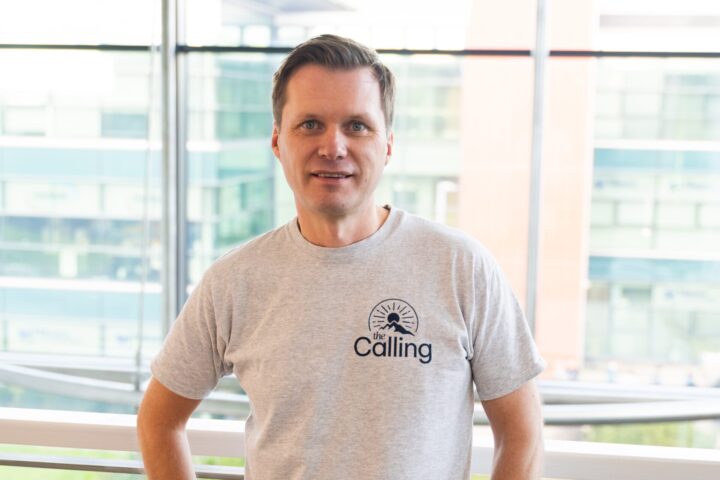University and College Union (UCU) members at the University of Dundee began five more days of strike action on 26th May over fears of compulsory redundancies.
Earlier in the year, staff walked out for 15 days in February and March after university management announced plans to cut up to 700 jobs.
Following pressure from the Scottish Government and local politicians, the university later reduced the number to 300, offering a voluntary redundancy scheme.
Despite this, management has not ruled out compulsory redundancies.
Consultations are under way in both the Leverhulme Research Centre for forensic science and the educational assistive technology team.
UCU said staff in both areas were shocked to still be at risk.
The union highlighted the EduAT team’s work supporting disabled students and said the First Minister had called the Leverhulme Centre fundamental to the university’s future.
A spokesperson for the Dundee UCU branch said: “The announcement at the end of April that, instead of up to 700 jobs being cut, the University is looking to lose 300 staff via a voluntary severance scheme was welcome.
“However, the threat of compulsory redundancies is still looming over staff once a voluntary severance scheme closes, and there are staff at the university that are currently facing redundancy in the Leverhulme centre and EduAT.
“We call on the employer to abide by the Scottish Government’s call to rule out the use of compulsory redundancies, and to commit to making any savings through voluntary methods.”
They added: “The employer is pushing ahead with redundancies, and given that jobs are on the line our members felt they had no choice but to embark upon further industrial action.
“That’s why members will be taking strike action for five days. UCU wants to work for a sustainable future for the university, for students, staff and the city of Dundee, but our members must take a stand against compulsory redundancies.”
Jo Grady, general secretary at UCU, said: “Some seven months after first announcing that management failures had led to an unforeseen deficit, the fact that staff are still facing an uncertain future with management still unwilling to rule out the use of compulsory redundancies shows the ongoing crisis in the university’s leadership and governance.
“The intervention of Scottish Government and the Scottish Funding Council is welcome and essential, but as well as dealing with the immediate crisis at Dundee, we also need to see wholescale revision of governance arrangements at universities to ensure this never happens again.”
Workplace Journal has reached out to the University of Dundee (at 16:01) for a response.

















